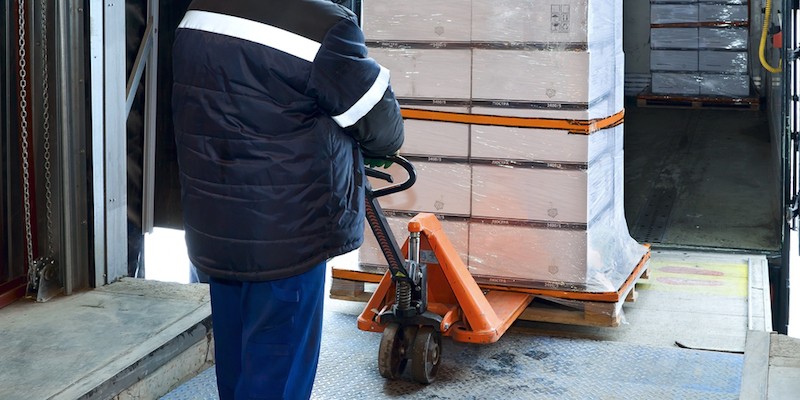Keeping food refrigerated during transportation
Ideally, refrigerated trucks (specially designed to keep food at the proper temperature to assure they are safe for consumption) should be used to transport food to large chains, restaurants and market stores. In this post, we share some tips on keeping food refrigerated that helps ensure that food is transported and delivered in optimal condition.
Before travel
- Packaging. Before any food that needs to be refrigerated leaves for transport, make sure it is properly packaged. Checking that the packaging is all intact is one of the best ways to ensure that food makes it to a destination safely and not contaminated. The container that the food is put into should be large enough that there is no potential danger to the food.
- Labelling. Labels should be written clearly to indicate the food item. Each container should have at least one label.
- Insulators. There are specialised packaging materials used for this, but you can also just use paper (a cost-effective choice). Before wrapping containers, make sure they’re airtight and are securely sealed.
Loading
- Speed. The longer it takes to load, the more likely there is to be a change in the temperature of the product.
- Stacking. Stack product properly so that they are secure, don’t get crushed or otherwise damaged and that there is adequate circulation around it.
In transit
- Secure. One of the main advantages of trucks like these is containers are placed on pallets so the food doesn’t slide or tip while in motion. Containers are also held in place with bungee cords which provide a secure holding for the food.
- The best drivers. Our drivers are trained and prepared with detailed instructions on the contents of their load, the best routes to reach their destinations and awareness of timing for the contents of their trucks. For example, for food products such as fruits and vegetables, time has a direct impact on their shelf life and therefore on the potential sales a consignment could generate – so drivers are briefed and aware of the timelines for delivery.
- Monitoring. Once on the road, drivers are responsible for monitoring the cooling system. At each stop (whether to refuel or for personal breaks such as mealtime) the driver must take the time to inspect the trailer to assess the integrity of the door seals, and the cooling unit to assure no issues have come up.
